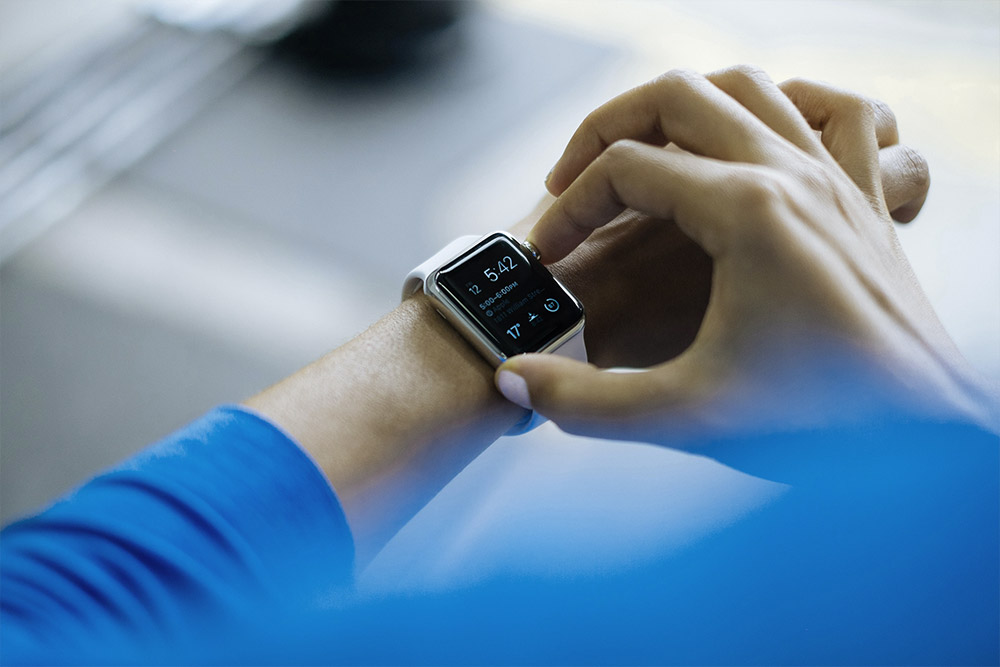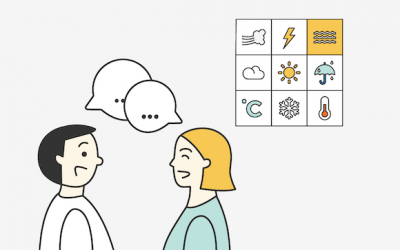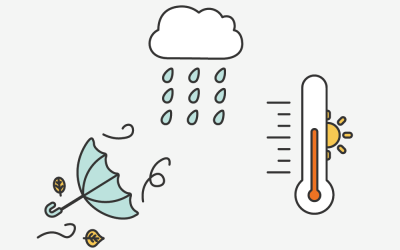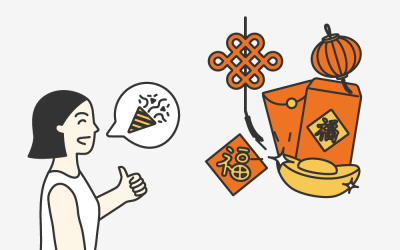In the beginning, many Chinese learners struggle to see the difference between two phrases: 的时候 (de shíhou) and 以后 (yǐhòu).

In Brief
Let’s have a look at how the meaning of one sentence changes depending on which word we use in it.
🔹昨天我写作业的时候,她在洗衣服。
Yesterday, while I was doing homework, she was washing the clothes.⠀
🔹 昨天我写完作业以后,她才去洗衣服。
Yesterday, after I finished homework, she went to wash the clothes.⠀
From this example, we can see that the meanings of these two words are not the same at all!
In More Detail
1️⃣ Use 的时候 to stress that 2 actions are happening at the same time. Or during a specific period of time:
雨是在3点钟的时候开始下的。
It started raining at 3 o’clock.⠀
⠀
2️⃣ Use 以后 to show a sequence of two actions, happening one after the other.
Also, use it to show that event happens after [a certain point in time]:
3点以后会开始下雨。
It might rain after 3 o’clock.
⠀
It’s not so difficult as soon as you get the right examples to compare these two words, is it?
Practice
Now try to finish the sentences by yourself!
Write the answers in the comments below:
1) 昨天晚上爸爸回来___,我们在写作业。⠀
2) 明天下课___,我们一起去买衣服,好吗?








0 Comments